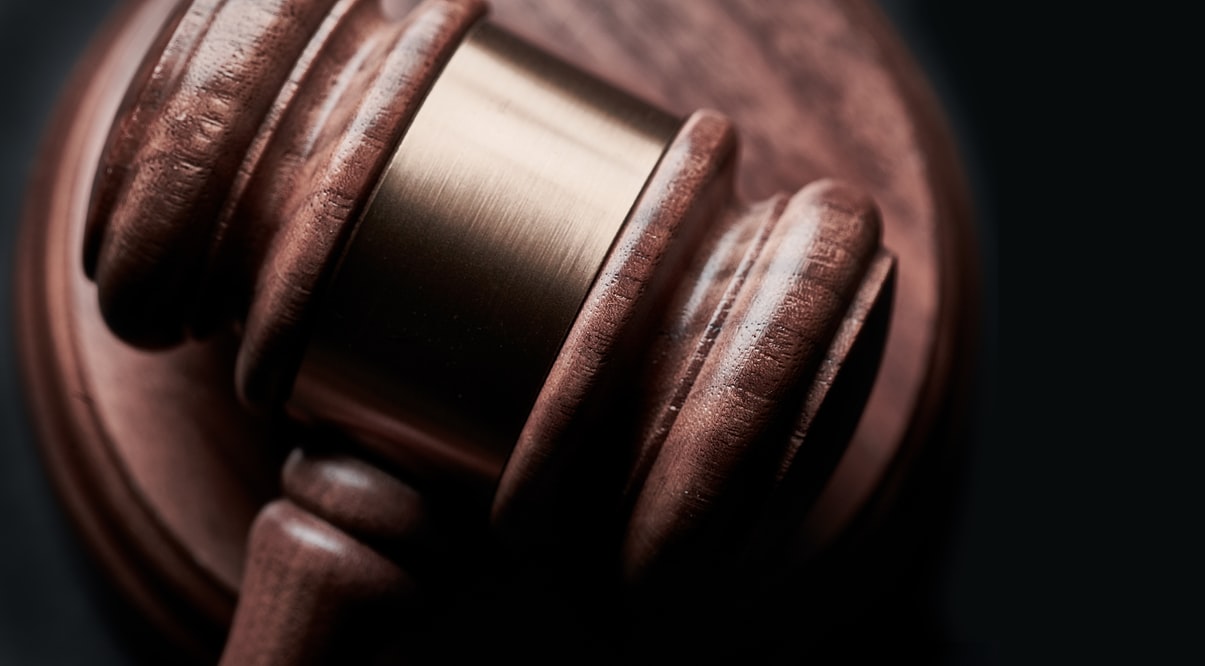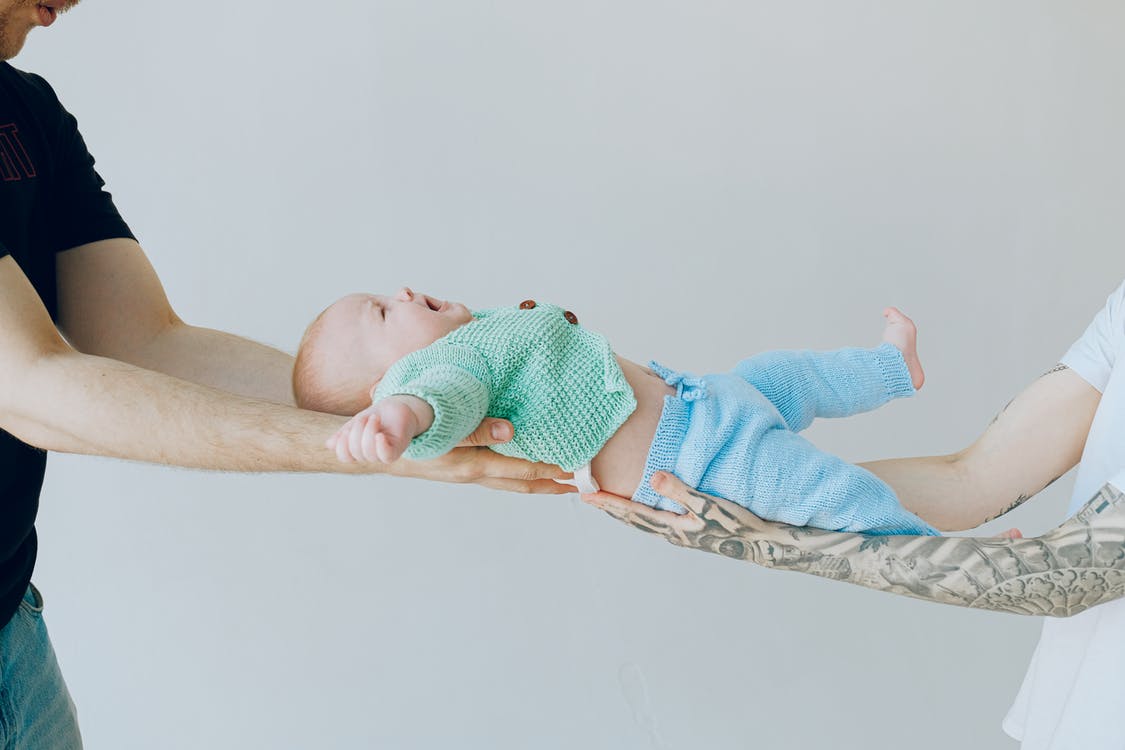“Home is where the heart is”. Sadly though, most people today experience abuse, neglect, and violence in their own homes. Thankfully, we have courts not only for civil or criminal cases but also for family cases. Issues and matters about abuse, neglect, and violence within the home are handled by the family court.
Family cases are also private disputes and somehow similar to civil cases. However, as its name suggests, family cases involve only the members of the family. These issues include the conflict between parents, spouses, and children. Let’s discuss them one by one.
Juvenile Matters. In cases of child neglect and abuse, or when the defendant accused of illegal behavior is a minor, the case will be handled by the family court. The behavior is considered a delinquent act and not charged with a crime. The district attorney will handle such cases. Moreover, the court has the legal authority on what they think is best for the offender.
Guardianship. Whether it’s about taking care of a child or an adult who can’t take care of themselves, one should get a grant guardianship from the state. If the guardianship is granted, the guardian will make sure that the personal, medical and financial needs of that person are well taken care of.
Emancipation and Approval of Underage Marriages. An example of this is when a sixteen or seventeen-year-old teenager wants to be legally independent of his or her guardians or parents. Emancipation goes both ways: the child can do anything without the control or permission of the parents, and the parents are free from any responsibility they have with the child. If the child is a minor, or below 18 years of age, and wants to marry or be emancipated, he or she needs to file a petition. Then, the family court will decide whether to approve the petition or not.
Marriage Dissolution. Annulment, divorce, and separation are also cases handled at the family court. Couples who want to end their marriage will have to file a case at the family court. Afterward, court order regarding the termination of marriage will be issued. The court order also involves matters of child custody, property, and alimony.
Paternity and Child Custody. When a father wants his relationship with his biological or adopted child to become legal, he needs to file a case at the family court. The family court will issue a court order declaring the man as the father of the child. The case can also be filed by unmarried parents. The issued court order will involve matters regarding legal custody and child support.
Termination of Parental Rights and Adoptions. Child abuse, child neglect, and abandonment are some of the common reasons why parental rights are being terminated. Other parents who want to adopt the child or become the legal parents can file a case for adoption.
Name Changes. A person, either a child or an adult, who wants to change their name needs to file a case at the family court. Among other cases handled by the family court, the name change is the least burdensome because all citizens of the United States have the right to have their name changed.
Protection Orders against Domestic Violence. Domestic violence refers to any aggressive and violent behavior at home. It usually involves the spouse, either the husband or wife. In cases of domestic violence, the victim can file a case at the family court. Also, the family court can issue a protection order for the victim’s safety against the abuser.




